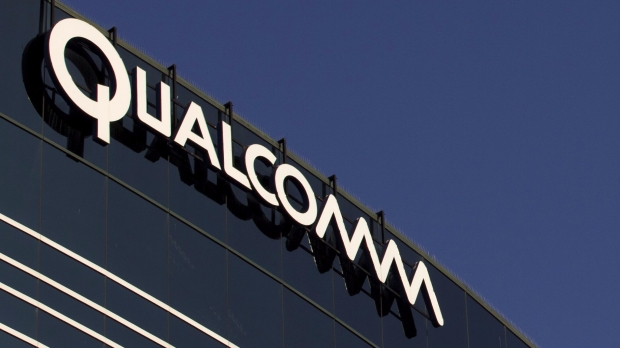In December, the Korea Fair Trade Commission fined Qualcomm $912.34 million for what it called unfair business practices in patent licensing and modem chip sales.
The regulator also ordered the US firm to negotiate in good faith with rival chipmakers on patent licensing, and renegotiate chip supply agreements with mobile phone makers if requested.
If the order is upheld, it could affect Qualcomm’s dealings with major tech firms including Apple, Intel, Samsung and Huawei. Qualcomm subsequently filed two lawsuits with the Seoul High Court, one calling for the nullification of the regulator’s decision and another seeking the suspension of the corrective order until a ruling on the first is made.
The court turned down the suspension request because it did not believe the regulator’s order would pose a risk of “irreparable damage” to Qualcomm.
The court has not yet made a ruling on the first lawsuit calling for the cancellation of the regulator’s decision.
Qualcom claims that the KFTC’s order reviewed by the Court does not invalidate any existing licence agreements, does not prohibit Qualcomm from entering into licences for its standard essential patents (SEPs) or other patents at the device level and does not limit the royalties Qualcomm can seek or collect for SEPs under its current or future licences as long the licence agreements are consistent with Qualcomm’s FRAND commitments.
As the Company has described in its prior public financial statements, the order requires Qualcomm to engage in good-faith negotiations with chip companies seeking a licence and to negotiate possible amendments with current licensees upon request.
Qualcomm’s said the Court’s decision to deny Qualcomm’s stay application does not impact Qualcomm’s appeal of the underlying KFTC decision, which the Seoul High Court will consider later.
Qualcomm continues to believe that the KFTC’s decision is not supported by the facts and law, and was the product of a hearing and investigation that denied Qualcomm fundamental due process rights. Qualcomm also intends to preserve and pursue its arguments that the KFTC’s underlying decision exceeds its authority and principles of international law by inappropriately seeking to regulate intellectual property rights arising under the laws of other nations, including the United States.

